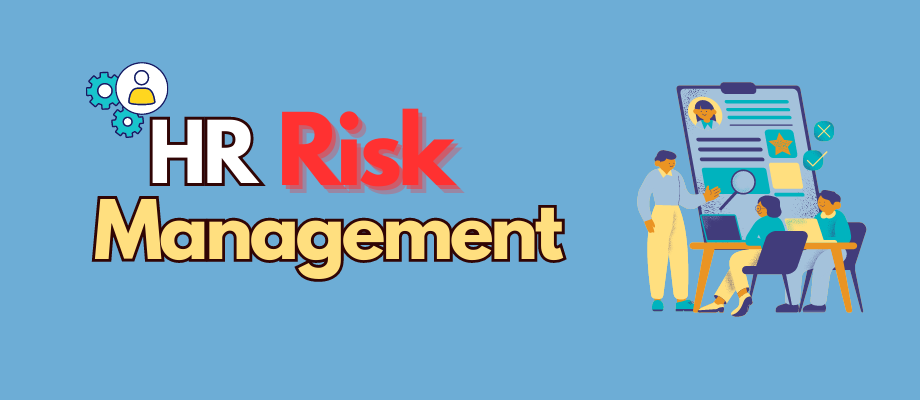

Organizations often struggle with balancing regulatory compliance and the strategic aspects of risk management. Effective risk management requires a comprehensive approach that includes strategic planning risks and the risks arising from daily operations. In today's ever-changing corporate environment, it's crucial for HR professionals to be aware of and understand these risks.
By the end of this course, delegates will be able to:
• Understand the context of risk both internally and externally, including defining risk appetites and setting risk goals.
• Identify, analyze, and prioritize various types of organizational risks using appropriate tools and methodologies.
• Examine tactical levels of risk management and different approaches to managing both the positive and negative aspects of risk.
• Evaluate and audit risk management policies and processes, report on their implementation, and assess the effectiveness of the organization’s governance structure.
Professional Impact
HR professionals must understand the multifaceted nature of their organizations and the potential impact on HR practices. A key competency for HR is applying their expertise to solve organizational problems. In today's dynamic world, incorporating risk management into HR knowledge is essential.
• Employment Managers
• Employee Relations Professionals
• Chief Talent Officers
• HR Coordinators / Supervisors
• Risk Managers and Professionals
• HR Administrators
• HR Analysts
• Auditors
This course uses a range of proven adult learning techniques for optimal understanding and retention. Methods include group discussions, case studies, presentations, and team exercises, featuring real-life case examples. Participants will develop skills applicable to their organizations, analyzing the effectiveness of current practices and planning further development.
Day One: Context of Risk in HR
• Focus on HR’s Role in Risk Management
• Defining and Understanding Risk
• Benefits and Barriers in Risk Management
• Risk Categories
• ISO Principles, Framework, and Processes in Risk Management
• Risk Criteria
Day Two: Identifying and Analyzing Risk
• The Risk Assessment Phase
• Approaches to Risk Identification
• Tools for Risk Analysis
• Evaluating Risks
• Key Risk Indicators
• Developing a Risk Register
Day Three: Managing Risks
• Managing Upside and Downside Risks
• Implementing Risk Management Plans
• Setting Risk Management Performance Objectives
• Emergency Preparedness and Business Continuity Planning
• Crisis Management Planning and Readiness
Day Four: Evaluating Risk Management
• Oversight of Risk Management Plans
• Effectiveness of Risk Management Policies and Processes
• After-action Reviews and Incident Investigations
• Compliance Evaluation
• Promoting Quality Assurance and Continuous Improvement
Day Five: Human Capital Risk
• Addressing Critical Skills Shortages
• Insurance and Data Risks
• Ethical and Behavioral Risks
• Intellectual Property Risks
• Compliance and Regulatory Risks
• Supply Chain Risks
• Cybersecurity Risks in HR Management
CDGA attendance certificate will be issued to all attendees completing minimum of 75% of the total course duration.
| Code | Date | Venue | Fees | Register |
|---|---|---|---|---|
| HR177-02 | 18-05-2026 | Istanbul | USD 5950 | |
| HR177-06 | 24-08-2026 | London | USD 6950 | |
| HR177-07 | 29-11-2026 | Doha | USD 5450 |
Providing services with a high quality that are satisfying the requirements
Appling the specifications and legalizations to ensure the quality of service.
Best utilization of resources for continually improving the business activities.
CDGA keen to selects highly technical instructors based on professional field experience
Since CDGA was established, it considered a training partner for world class oil & gas institution
3012, Block 3, 30 Euro Business Park, Little Island, Co. Cork, T45 V220, Ireland
Mon to Fri 09:00 AM to 06:00 PM
Contact Us anytime!
Request Info